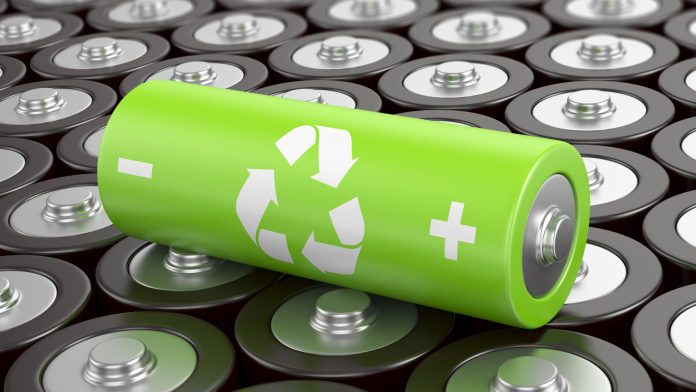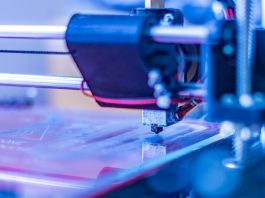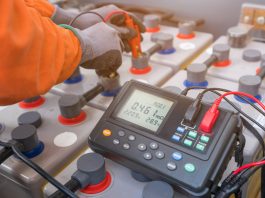Scientists from the Karlsruhe Institute of Technology (KIT) have discovered how to make battery cell production quick, inexpensive, flexible and to a high standard.
A holistic approach
The Cluster of Competence for Intelligent Battery Cell Production (InZePro) is coordinated by KIT. It is aimed at holistically optimising production systems and making them more flexible in terms of quantity, format, material, and technology. For this purpose, cross-process, data-driven optimisation approaches and Industry 4.0 solutions are developed.
To meet current requirements, battery cell production will occur in Germany in an economically efficient way in small, medium, and large series for various applications and markets. These innovative approaches are required to enhance productivity and reduce production costs. This is the initial situation of InZePro, which is currently being funded by the Federal Ministry of Education and Research, who have invested a total of 44 million euros.
So far InZePro research projects have achieved first results focusing on agile plant technology, digitalisation of certain production steps and the entire battery cell production system, virtual production systems, and the use of AI in production.
Digitalising battery cell production
To digitalise battery cell production, toolboxes have been developed for machine and plant technology, process engineering, planning, control and logistics, and quality management. They can be used to evaluate and further develop already existing technical and organisational Industry 4.0 approaches to battery cell production. Scientists intend to accelerate systematic implementation of digitalisation to achieve Industry 4.0 in battery cell production. This will rapidly and efficiently increase future competitiveness of battery cell production. In the last project stage, the results will be summarised and published in a guideline.
A digital twin was presented to study and evaluate various future scenarios and their impacts on a flexible battery cell production system. In this case, the digital twin is a type of simulation parallel to operation, which is made for planning and control purposes.
Additionally, a tracking and tracing concept with various technologies for marking electrodes has also been established. This means that battery components can be traced back over the complete process chain. In various projects, data structuring and machine learning methods have been conceived. For instance, plants are equipped to recognise workflows and patterns in the battery cell production process and to independently respond to errors.
Results assure quality
The results were reviewed by an expert group that accompanies the projects and assures close collaboration of research and industry. About 200 researchers from 28 German research institutions are involved in the InZePro Cluster of Competence, including four institutes at KIT.
“Thanks to our active collaboration within the projects, we cover all process steps of lithium-ion battery cell production. This will help manufacturing companies in the automotive industry, for example, to increase productivity even in times of a volatile order situation and high product variance, to reduce costs, and increase product quality,” concluded Professor Jürgen Fleischer, Head of WBK Institute of Production Science at KIT and Chairman of the InZePro Cluster.









